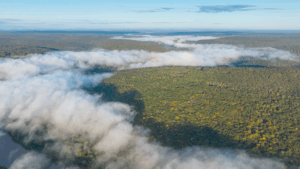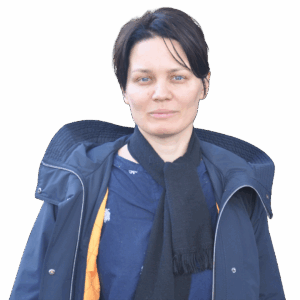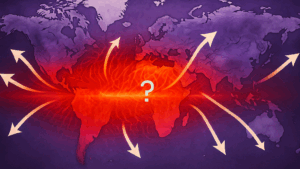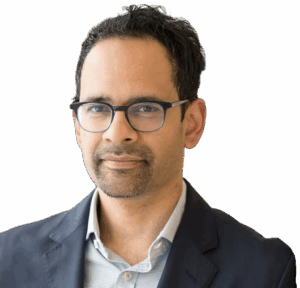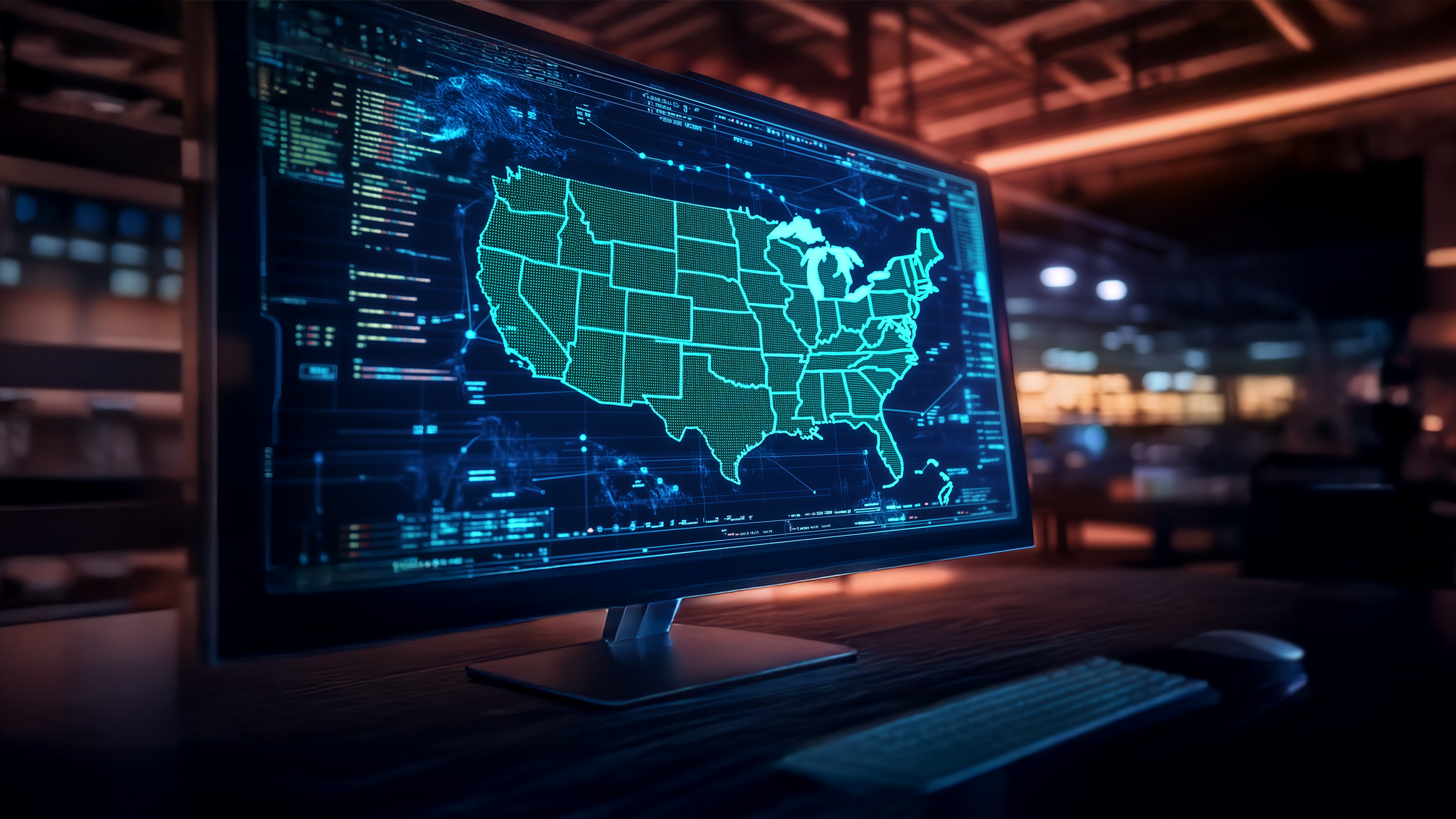
Ep 183 | Rod Schoonover
Rod Schoonover — The National Security Risks We’re Not Prepared For: Adapting In an Age of Actorless Threats
Check out this podcast
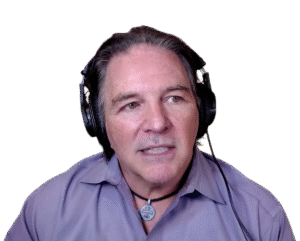 The Great Simplification
The Great Simplification
Description
National security concerns have been the invisible hand guiding governance throughout recorded history. In the 20th century, it was defined by a country versus country dynamic: whichever nation was the strongest and most strategic was also the safest. But today, our biggest national security threats don’t come from opposing nations – they are “actorless threats” that emerge from the breakdown of the complex systems we all depend on – from the stability of our planetary systems to our intricately complex and fragile global supply chains. In this unprecedented landscape, what is required of us in order to keep our citizens safe?
In this episode, Nate is joined by Rod Schoonover, an expert at the intersection of Earth systems stress and national security, where they discuss the need for the evolution of national defense to address the systemic (and diffuse) threats of the 21st century. Rod emphasizes the need for a reformed security sector that addresses contemporary challenges, like global heating that leads to extreme climatic events, urging immediate action to mitigate risks and enhance stability. Importantly, they also delve into the need for political leadership to embrace complexity and local resilience when tackling these pressing issues.
How do we unite against ‘actorless’ threats, even when we don’t have someone to blame for their damages? Where have leadership and governance already begun to adapt to address these existential concerns, and where are we seeing failures? Finally, how could incorporating more cooperative principles at every level of society transform our ability to bend – not break – under the weight of our human predicament?
About Rod Schoonover
Rod Schoonover is the CEO and Founder of the Ecological Futures Group, Adjunct Professor at Georgetown University, Senior Associate Fellow at the Stockholm International Peace Research Institute (SIPRI), and Senior Associate at the Center for Strategic and International Studies.
Rod served a decade in the U.S. intelligence community as the Director of Environment and Natural Resources at the National Intelligence Council in the Office of the Director of National Intelligence and as Senior Scientist and Senior Analyst in the State Department’s Bureau of Intelligence and Research. Before joining the government as a AAAS Diplomacy Fellow in 2009, Rod was a tenured Professor in the Department of Chemistry and Biochemistry at Cal Poly, San Luis Obispo. Dr. Schoonover earned his PhD in theoretical chemical physics at the University of Michigan, where he studied complex systems.
In French, we have a motto that says that a simple drawing is often better than a long explanation. Jean-Marc Jancovici Carbone 4 President
That’s very understandable because with left atmosphere thinking, one of the problems is that you see everything as a series of problems that must have solutions. Iain McGilchrist Neuroscientist and Philosopher
We can’t have hundreds and hundreds of real relationships that are healthy because that requires time and effort and full attention and awareness of being in real relationship and conversation with the other human. Nate Hagens Director of ISEOF
This is the crux of the whole problem. Individual parts of nature are more valuable than the biocomplexity of nature. Thomas Crowther Founder Restor
Show Notes & Links to Learn More
00:00 – Rod Schoonover, Ecological Futures Group
Rod Schoonover’s Ecological Security Publications and Presentations:
Ecological disruptions are a risk to national security
Seven ways Earth System stress is already affecting our security
Five Urgent Questions on Ecological Security
Bringing Ecological Regime Shifts into Security Analysis
Climate change should be recognized for what it is: an issue of national security
Climate Change and National Security
Climate and Environmental Change Drive Social Stress
01:02 – Planetary Boundaries are increasingly being breached
01:35 – Classified U.S. Report on Climate Change from 2008, 2008 House Hearing on Climate Change & National Security
01:57 – The Politics of Climate Change in the United States
04:07 – The field of Complex-Systems Physics
05:08 – First Report with the Planetary Boundaries Framework
08:17 – List of U.S. Intelligence Agencies
09:07 – Evolution of the U.S. Intelligence Community
09:49 – Global heating is substantially hotter than in 2008
10:00 – Climate change censored in some science textbooks, Defunding to climate science, NASA and NOAA funding under threat, Proposed funding cuts for Fiscal Year 2026
10:52 – Risk assessment factors: hazard, exposure, vulnerability, response
11:27 – Resistance to believing in climate change, Study on belief systems and climate change
12:27 – Climate change and natural disasters, security risks, and those affected
12:45 – LA Wildfires – relation to climate change, Landslides in Western North Carolina – relation to climate change
13:56 – The Economic Superorganism
14:57 – “Actorless” threats, Political Actor definition
16:47 – Biden mentioning climate change as a national security threat, but not much changed
17:37 – Prisoner’s Dilemma, Video example
20:42 – Soil stress, Pollinator collapse, Harmful algal blooms
22:22 – The Precautionary Principle
23:58 – The U.S. Government’s Approach to Environmental Security
24:35 – The National Security Act of 1947 and implications
25:27 – The Paris Agreement’s adaptive response sections, The United States’ relationship to Paris Agreement
27:17 – UN consensus process hinders climate negotiations, COP Co-Opting report
29:27 – The importance of system’s thinking in National Security
31:37 – The obstacles bureaucratic silos create in National Security
36:07 – Geoengineering considerations to lower surface temperature and its risks
39:27 – From Reality Blind: Renewables can’t sustainably power this society
40:55 – Plastic Crisis Reality Roundtable
41:37 – Global temperature change and its effects
43:01 – Sea lions attacking surfers, Domoic acid, The Birds by Alfred Hitchcock
46:37 – Wildlife trafficking
50:12 – Why bottom-up approaches are vital to the meta-crisis

